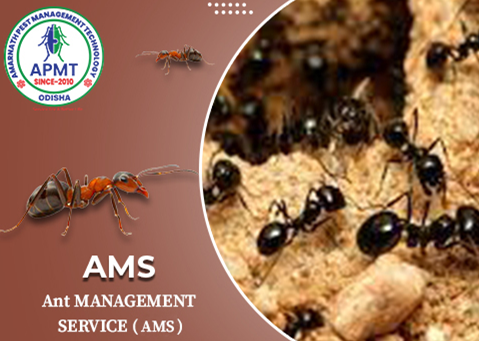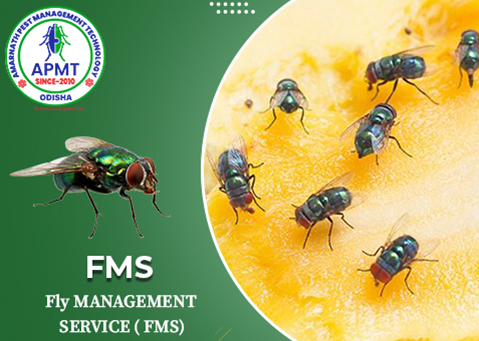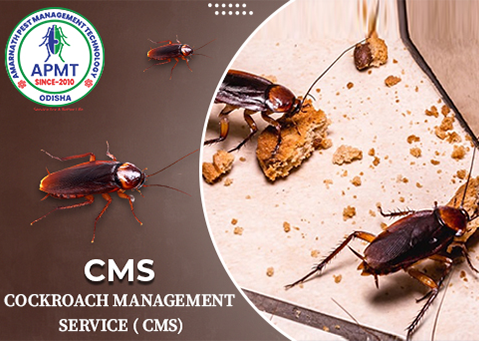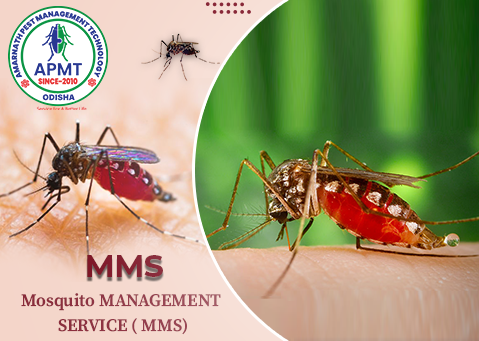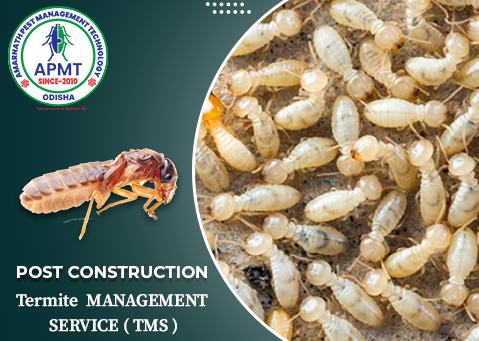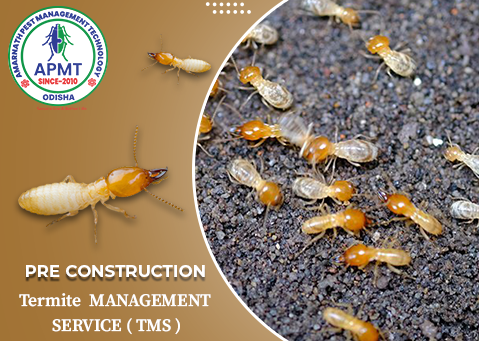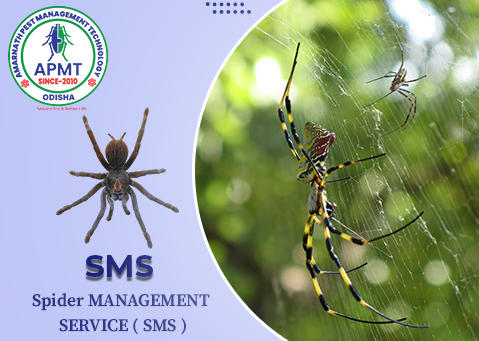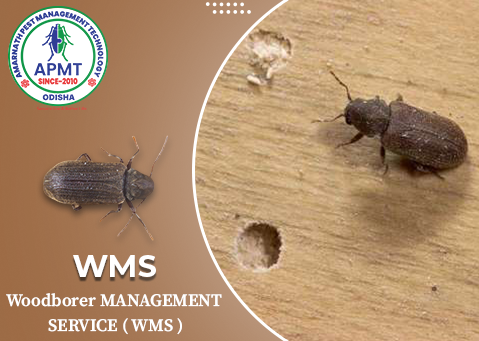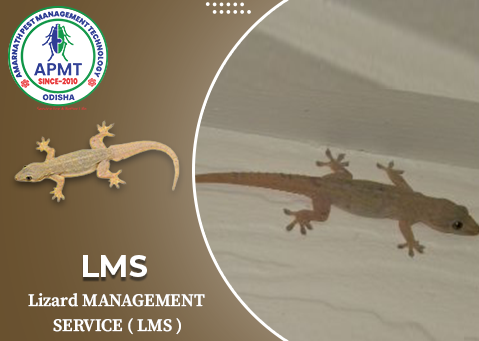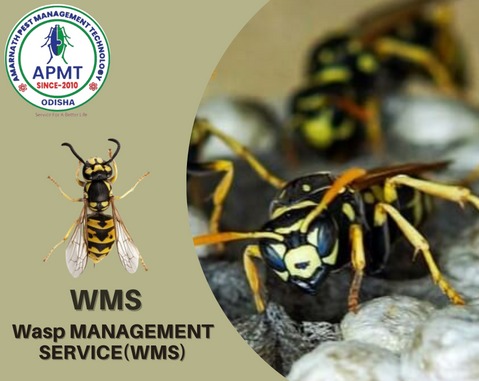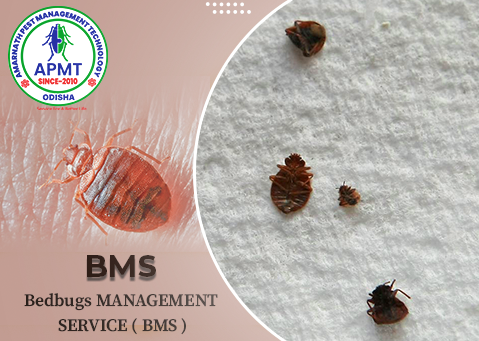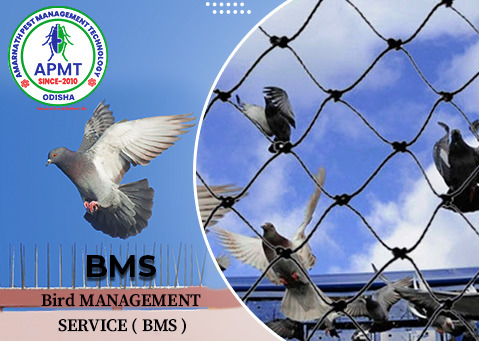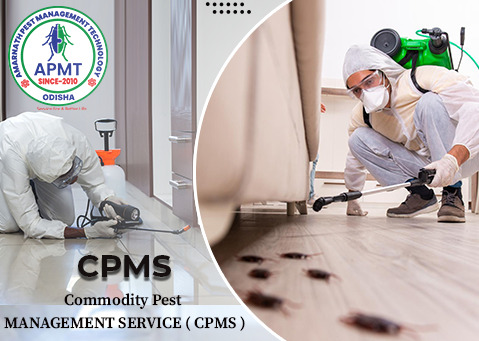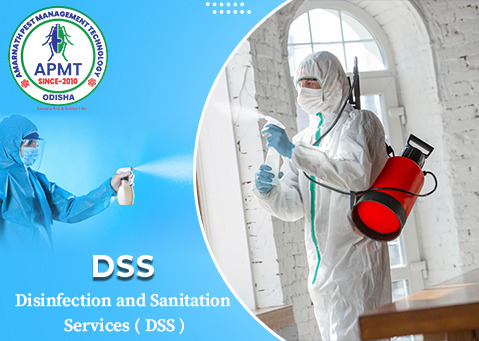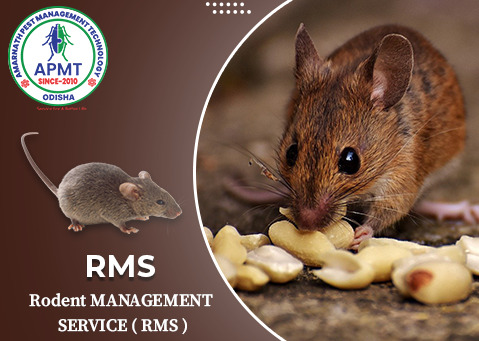Book Now
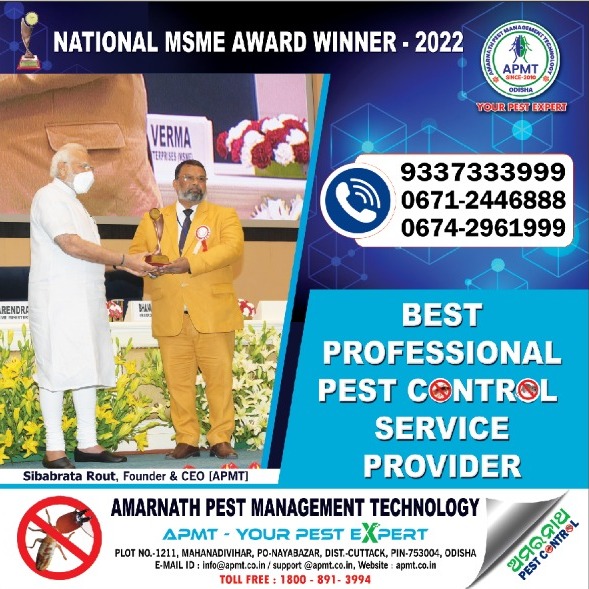
Wasp Management Service
How to get rid of wasps
Wasps can be quite aggressive when they perceive a threat to their nest. Anyone that accidentally stumbles upon a nest could be in for many painful stings. For those who are allergic, the indications can be serious.
APMT specialists are trained to handle wasp nests using the latest methods, tools and safety equipments to avoid stings and other risks. We can safely remove nests and offer ways to prevent further infestations.
The first step is to call in the pros at APMT by calling 1800-891-3994 or email us at info@apmt.co.in.
Wasp and hornet treatments
Summer is the prime wasp and hornet season and the time when you are most likely to find a nest on your property. By the time the nest matures and reaches a stage where it can be seen easily, the number of wasps inside could be immense, bringing about an increased risk of swarming.
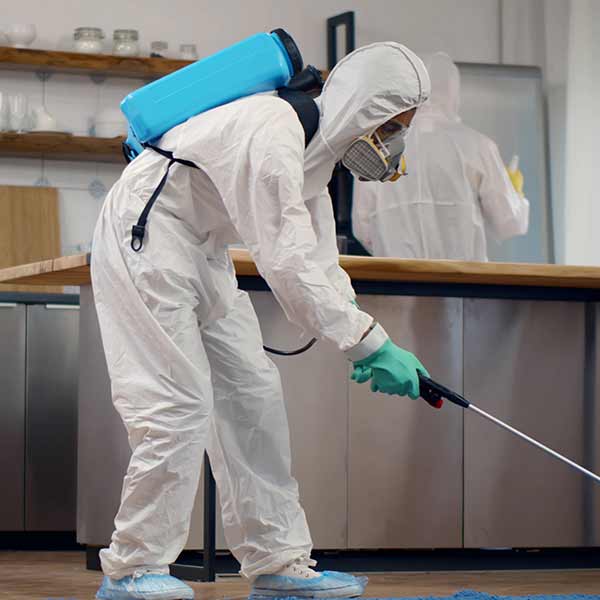
APMT treatment process
We start by doing an inspection to find where the nest is located. Some wasps will make a nest under eaves and other visible locations, but sometimes they nest underground.
Our specialists wear protective clothing to prevent stings. They will also make sure that you, your staff, and your customers are aware of the removal and that everyone is safe before beginning.
We have a variety of treatments we can use to eliminate the wasps in their nest including dusts, aerosols and liquids. Our technician will determine which one will ensure effective control based on the nest location.
We will remove the wasps and then get rid of the nest itself. It is important to remove the nest even after the wasps are gone as some species of wasps will reuse abandoned nests, creating a second infestation.
As mentioned, some wasps construct their nests below ground, making treatment difficult. Sometimes nests are below concrete slabs or piles of rock or vegetation. It can be difficult to treat the nest in these instances and activity will continue despite your repeated attempts at control.
Need a professional solution for your wasp or hornet nest?
For peace of mind, and to be completely safe from stings, it is safer to let a professional APMT specialist treat the nest for you.
Guaranteed, safe wasp nest treatment within two working days.
Qualified, local specialists require just one 30–45 minute visit to effectively treat a nest.

.png)
